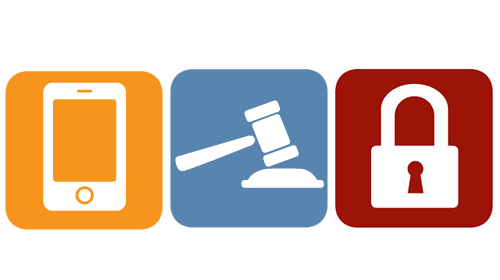NYT: Government Failing to Keep Promises to Supreme Court on Warrantless Wiretapping


Adam Liptak of The New York Times yesterday brought new public to the government's troubling failure to make good on its statements to the Supreme Court last fall, in Clapper v. Amnesty. In that case, the Supreme Court rejected the ņŌįń√ŇŅ™ĹĪĹŠĻŻ's challenge to the warrantless wiretapping program on standing grounds, ruling that the plaintiffs in the case couldn't demonstrate that they had been harmed. But that ruling came only after the government repeatedly assured the court that it would have other opportunities to review the controversial law. The government specifically told the court that criminal defendants who were prosecuted based on evidence obtained under the FISA Amendments Act (FAA) would receive notice of that fact, which would allow them to challenge the statute.
The Supreme Court took the government at its word. In its opinion rejecting the ņŌįń√ŇŅ™ĹĪĹŠĻŻ's lawsuit, the Court repeated and relied on the government's representation that the law would be subject to challenge by criminal defendants.
Events since that time have told a very different story. As Liptak sets out in his chronology of these events, federal prosecutors have repeatedly failed to give notice of FAA evidence to criminal defendants. This is not because FAA-derived evidence has never been put to use in court. As Liptak notes, in urging reauthorization of the FAA this past December, Senator Dianne Feinstein referenced "specific cases where FISA Amendments Act authorities were used," including ongoing prosecutions in Florida and Illinois. Defendants in both those cases have recently filed motions seeking to compel the government to disclose whether it intends to rely on FAA-derived evidence, but prosecutors have flatly refused to do so. It is impossible to square these refusals with the assurances the government gave the Supreme Court in Clapper.
Beyond Liptak's examples, recent disclosures make clear that the government had failed to provide notice to criminal defendants even as it told the Supreme Court that notice would be given. In recent efforts to defend the leaked PRISM program against public outcry, intelligence officials identified at least four additional where FAA surveillance was allegedly critical to preventing terrorist activities. None of the defendants in those cases, however, were told that the government got its evidence from FAA surveillance. As a result, the defendants had no opportunity to bring the challenge that government attorneys said would be theirs to raise in the courts.
The House Judiciary Committee is holding a on Wednesday, titled "Oversight of the Administration's Use of FISA Authorities," at which officials from the National Security Agency and the Department of Justice are expected to testify. Members of Congress should press these officials to explain why they have failed to provide notice of FAA-derived evidence to criminal defendants, despite the government's representations to the Supreme Court and the notice requirement written into the surveillance statute. Officials from the same agencies have not hesitated to reveal the government's use of FAA surveillance when it suits their own purposes. Yet they continue to withhold that information from criminal defendants in order to insulate the warrantless wiretapping program from judicial review.
The government should not be able to have it both ways. Congress should call the administration out on its shell game, and push the Department of Justice to provide the notice that it promised.
Learn more about government overreach and other civil liberties issues: Sign up for breaking news alerts, , and .

